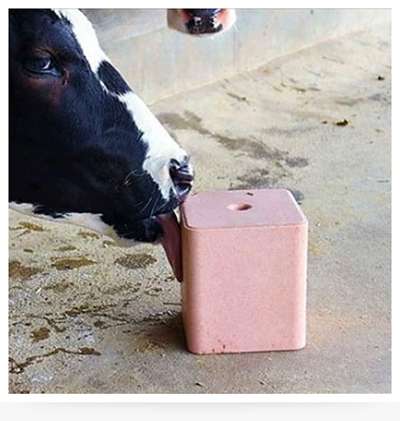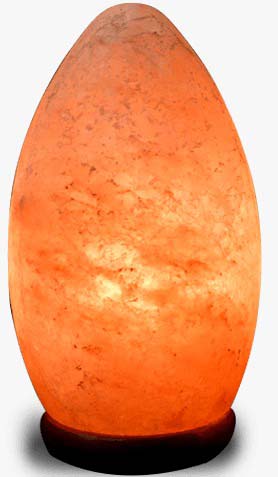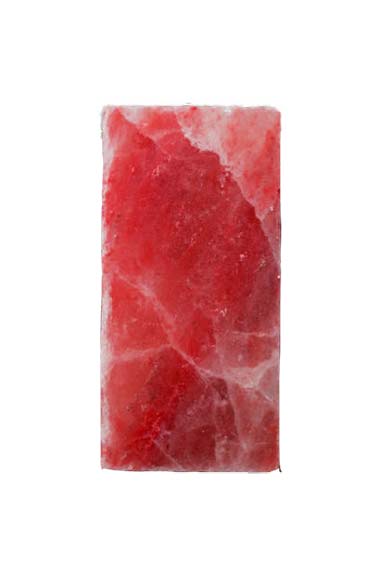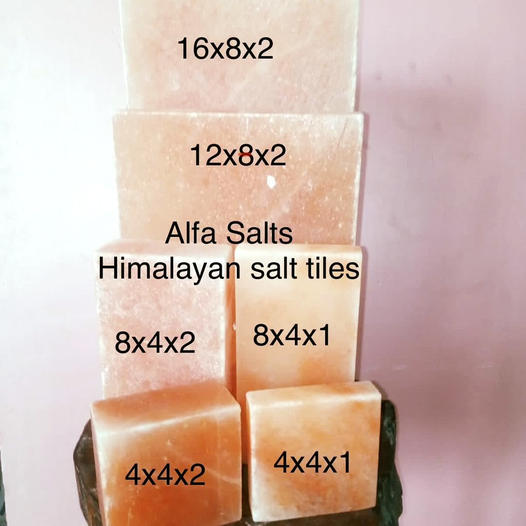Mineral compressed blocks
Mineral compressed blocks, often used for livestock and animal nutrition, are blocks or bricks formulated to provide essential minerals and nutrients to animals. These blocks are designed to be convenient and cost-effective methods of supplementing the diet of grazing animals, ensuring they receive the necessary minerals for optimal health and productivity. These blocks typically consist of a mixture of minerals, vitamins, and sometimes other additives, compacted into a solid block or brick form.
Here are some key points about mineral compressed blocks:
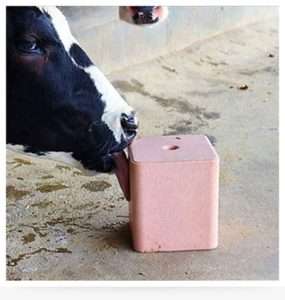
Mineral Composition: The specific minerals included in the blocks can vary depending on the needs of the animals and the local deficiencies in the soil. Common minerals found in these blocks include calcium, phosphorus, magnesium, salt (sodium chloride), sulfur, trace minerals like zinc, copper, and selenium.
- Nutritional Supplements: Mineral blocks serve as a nutritional supplement for animals, especially in regions where the natural forage or feed may lack certain essential minerals. Providing a balanced mineral intake is crucial for the overall health, reproduction, and growth of livestock.
- Convenience: Compressed mineral blocks offer a convenient way to provide necessary minerals to animals. The blocks are often placed in pastures or feeding areas, allowing animals to access the minerals freely as they need.
- Prevention of Deficiencies: In areas where soil lacks specific minerals, or where certain plants may not provide sufficient nutrition, mineral blocks help prevent deficiencies that could lead to health problems in animals.
- Weather Resistance: These blocks are typically designed to withstand various weather conditions, ensuring that they remain intact and provide a consistent source of minerals even in rain or extreme temperatures.
- Targeted Formulations: Some mineral blocks are formulated for specific types of animals, such as cattle, sheep, goats, or horses, considering their nutritional requirements. There are also blocks designed for specific stages of life, such as growing animals or pregnant/lactating females.
- Veterinary Guidance: It’s important for livestock owners to consult with a veterinarian or animal nutritionist to determine the specific mineral needs of their animals. This can help in choosing the right type of mineral block and ensuring that it complements the overall diet.
- Monitoring Consumption: While these blocks are designed for free-choice consumption, it’s essential to monitor the intake to prevent overconsumption, which can lead to mineral toxicity. Some blocks are designed with mechanisms to control the rate of consumption.
Mineral compressed blocks can be a valuable tool in managing the nutritional needs of livestock, but their use should be part of a broader nutritional strategy tailored to the specific requirements of the animals and the local environment.
Looking for mineral compressed blocks: Click here

